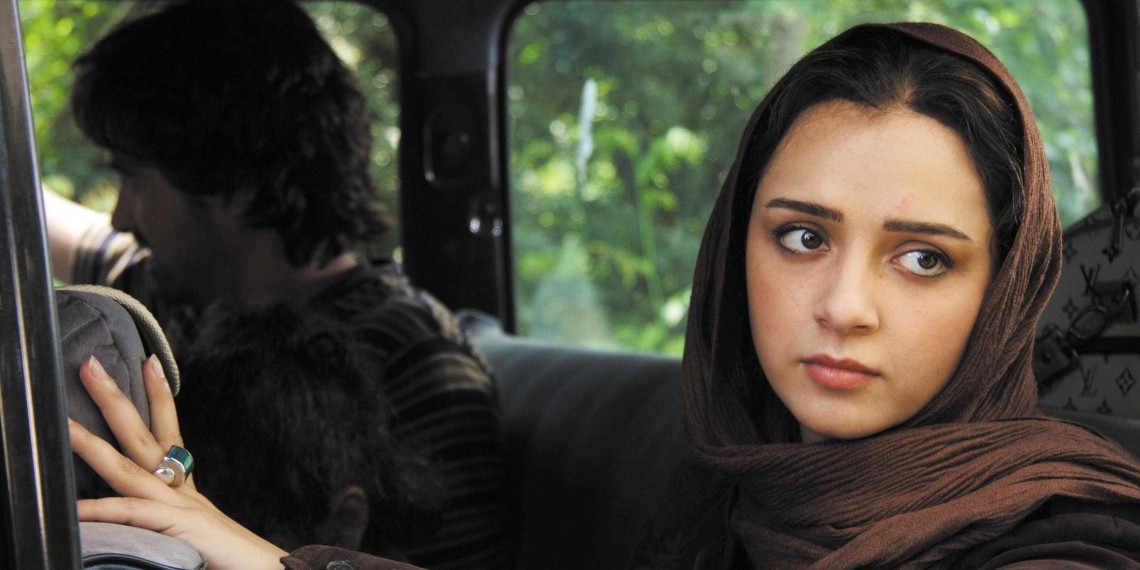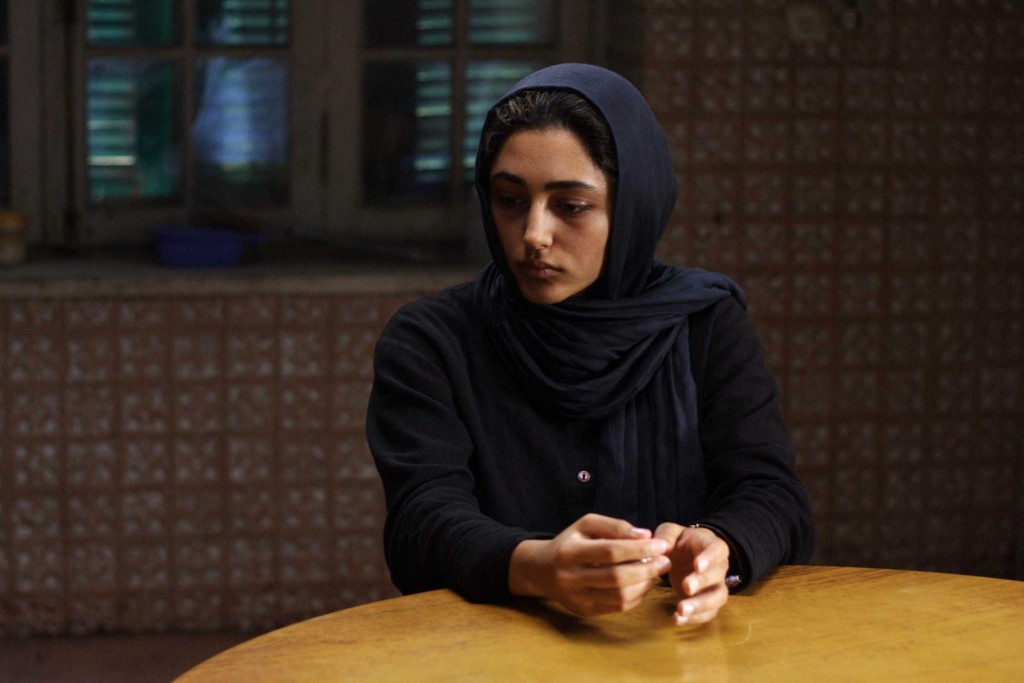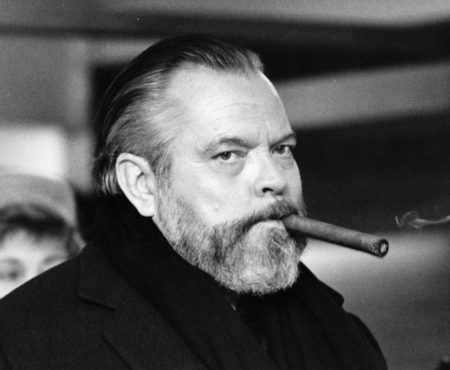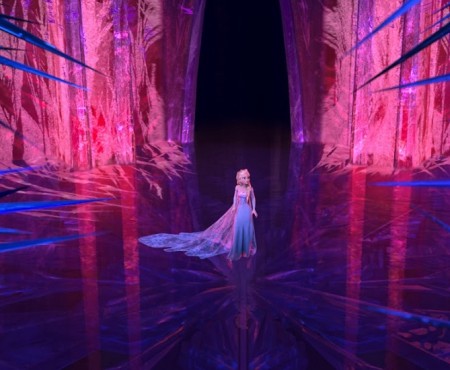Editor’s note: Today we’re proud to present readers with an exclusive passage from Tina Hassannia’s upcoming book. Be sure to pick up the book up when it comes out from The Critical Press.
About Elly (Darbareye Elly), one of Farhadi’s true masterpieces, was lauded at the time of its release in 2009 and re-appraised further in 2011 and 2012 following the success of A Separation. And rightly so: the film, about a group of young, upper-middle-class Tehranis vacationing in the north, is a tightly structured screenplay subtly critical of that tier in society, operating within a Hitchcockian narrative logic, framed and shot with rarefied vision, and following a taut, kinetic rhythm.
Like A Separation, About Elly reveals a society built on deception and suspicion, but it never lays blame on any particular individual. Of all of Farhadi’s films, however, About Elly is perhaps the closest work that comes to being outright in its criticisms of Iran’s secular middle-class. But because this is a Farhadi film, nothing is ever spelled out.
“It’s a shame that it’s taken such a monumental accolade for Farhadi’s fourth feature to see the light of day,” observed Patrick Gamble for CineVue in 2012, after the film made its official theatrical release in the UK. Gamble wasn’t the only one to notice. Indeed, the comment echoed one made by Jens Hinrichsen the year prior, who noted in Film-Dienst that the film’s 2011 release in Germany came two years after Farhadi had won the Silver Bear for Best Director at Berlinale.
About Elly’s initial release in 2009 had also faced delays when it became mired in some controversy with the Iranian government. There were reports that the authorities wanted to censor the film in Iran due to the presence of its star, Golshifteh Farahani, who had been banned from returning home after acting in Ridley Scott’s Body of Lies. Farhadi and Farahani denied the rumors, and the film’s screenings went as planned in early 2009, when it played at Fajr and Berlinale.
At Fajr, the film won the Audience Award for best film, Farhadi picked up a Crystal Simorgh for best director, and Hassan Zahedi was awarded a Crystal Simorgh for best sound. At Tribeca,About Elly won best narrative feature; at Viennale, it received the Standard Readers’ Jury Award. The film also picked up awards at the Asia Pacific Screen Awards, Asia-Pacific Film Festival, Brisbane International Film Festival, and Kerala International Film Festival. The film garnered eight award nominations at other festivals.
The light attention it did receive upon its debut at festivals was mixed. For Variety, Alissa Simon flagged About Elly’s first act as more cloying than entertaining. “To many, the film’s first half may seem mannered, even boring, with the old pals, particularly the men, indulging in obnoxious, condescending behavior. But after an alarming incident at the 45-minute mark, Farhadi ratchets up the tension, and the pic becomes a mystery thriller of sorts that epitomizes the Sir Walter Scott quote, ‘Oh what a tangled web we weave, when first we practice to deceive.’ ”
Part of the appeal of the film, however, lay in its representation of the Iranian middle-class in an internationally released film. Parviz Jahed noted this focus in Farhadi’s work: “The young, educated and middle-class travellers in the film are somewhat of an unknown demographic to a western audience.”
The adverse reaction of a few critics to the characters’ tomfoolery may be bound in a cultural barrier, but there’s also a possibility that the banality of the characters’ fun is purposeful, underscoring the lack of discreet charms of the Iranian bourgeoisie.
Some reviews compared the film to those by European masters. Its regularly cited similarity to Michelango Antonioni’s L’Avventura—the films share a similar premise, about the aftermath of a woman who goes mysteriously missing at a secluded beachside—was too easy to ignore, but it’s a superficial connection at best. Though the two share this distinct narrative, Farhadi’s intentions and style could not be further removed from Antonioni’s. One is interested in the complexity of interpersonal dynamics and their breakdown with a fast rhythm and expansive script to match; the other finds those threads less interesting than the insular alienation of its characters, reveling instead in cold lugubriousness.
Despite About Elly’s theatrical delay throughout most of the world—it is available on DVD, at any rate—the reviews picked up steam after the release of its successor, A Separation.
In Sight & Sound, Philip Kemp noted the visual symmetry between action, its accompanying tensions and their representation onscreen: “Farhadi’s camerawork mirrors this intricate complex of deceit, often roaming around the villa in long unbroken takes, picking out expressions of resentment or mistrust, flitting from one character to another as if weaving the skein of untruths that binds them unhappily together as the mood darkens towards final desolation.”
Parviz Jahed compared this camerawork to that of John Cassavetes: “[T]he camera almost never closes in on their faces, picturing them often in long or medium shot. Even Elly, the main character of the film, is rarely the point of focus of the camera’s attention and is often seen in a crowd or in the margins of the frame.”
This visually alienating effect correlates with the film’s deeper cultural subtext about communal deception. When lies are slowly revealed one by one by different characters, we come to realize the pervasive need to lie for these characters, who, for 45 minutes, have demonstrated an ostensibly close-knit alliance.






















2 thoughts on “On Asghar Farhadi’s “About Elly””
Pingback: Halftime Report: The Best Films of 2015 So Far | Movie Mezzanine
Pingback: The 50 Best Movies of 2015 | Movie Mezzanine